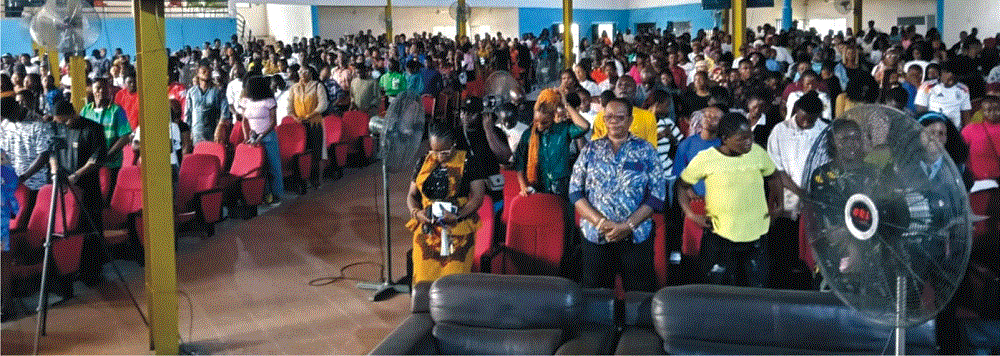Court Nullifies Sections Of CAMA 2020 For Infringement Of Human Rights
A federal high court in Abuja has held that some sections of the Companies and Allied Matters Act (CAMA) 2020 violate the fundamental human rights of Nigerian citizens.
James Omotosho, the presiding judge, delivering judgement in a suit marked FHC/ABJ/CS/1076/2020, nullified sections 839, 842, 843, 844, 845, 846, 847, 848 and 851 of CAMA 2020.
Information Nigeria reports that President Muhammadu Buhari had signed CAMA into law, August 7, 2020.
But an Abuja-based lawyer, Emmanuel Ekpenyong, had instituted a suit challenging the Act.
Ekpenyong, in the originating summons dated and filed on August 31, 2020, prayed the court to determine whether the provisions of sections 839, 842, 843, 844, 845, 846, 847, 848 and 851 of the CAMA Act, “infringe on the plaintiff’s right to thought conscience, and religion as enshrined in section 38 of the 1999 Constitution (as amended).”
The sections of the CAMA that were challenged by the plaintiff, did provide that the commission may, by order, suspend the trustees of an association or a religious body and appoint an interim manager or managers, to coordinate its affairs in the event of misconduct or mismanagement in the public interest.
The Act gives the commission powers to direct banks to disclose and transfer standing credit in any dormant account of an association, irrespective of secrecy or non-disclosure agreement.
It also mandates associations to submit biannual statements of affairs, accounting records, and personal information of trustees to mention but a few.
Lawyer Ekpenyong however submitted that the sections violate his right to freedom of association.
Meanwhile, in a counter affidavit dated and filed January 20, 2021, the Corporate Affairs Commission (CAC), through its counsel, Olasoji Olowolafe, described the suit as “an abuse of judicial process.”
The Commission urged the court to dismiss the suit, adding that the case was not backed by any credible evidence.
In CAC’s preliminary objection, the National Assembly contended that the suit was incompetent because a pre-action notice was not served on them and that the plaintiff had no locus standi.
Nonetheless, Omotosho’s judgment held that under Article 3 (e) of the Preamble to the Fundamental Rights (Enforcement Procedure) Rules, anyone could bring fundamental human rights matters in his own interest, on behalf of another person or even in the public interest.
According to the judge, under the new human rights regime, a court shall not dismiss a human rights action for mere want of locus standi.
The judge further held that the sections infringed on conscience and religion, as enshrined in section 38 of the constitution. It also infringed on the freedom of peaceful assembly and association, enshrined under Section 40 of the constitution.




